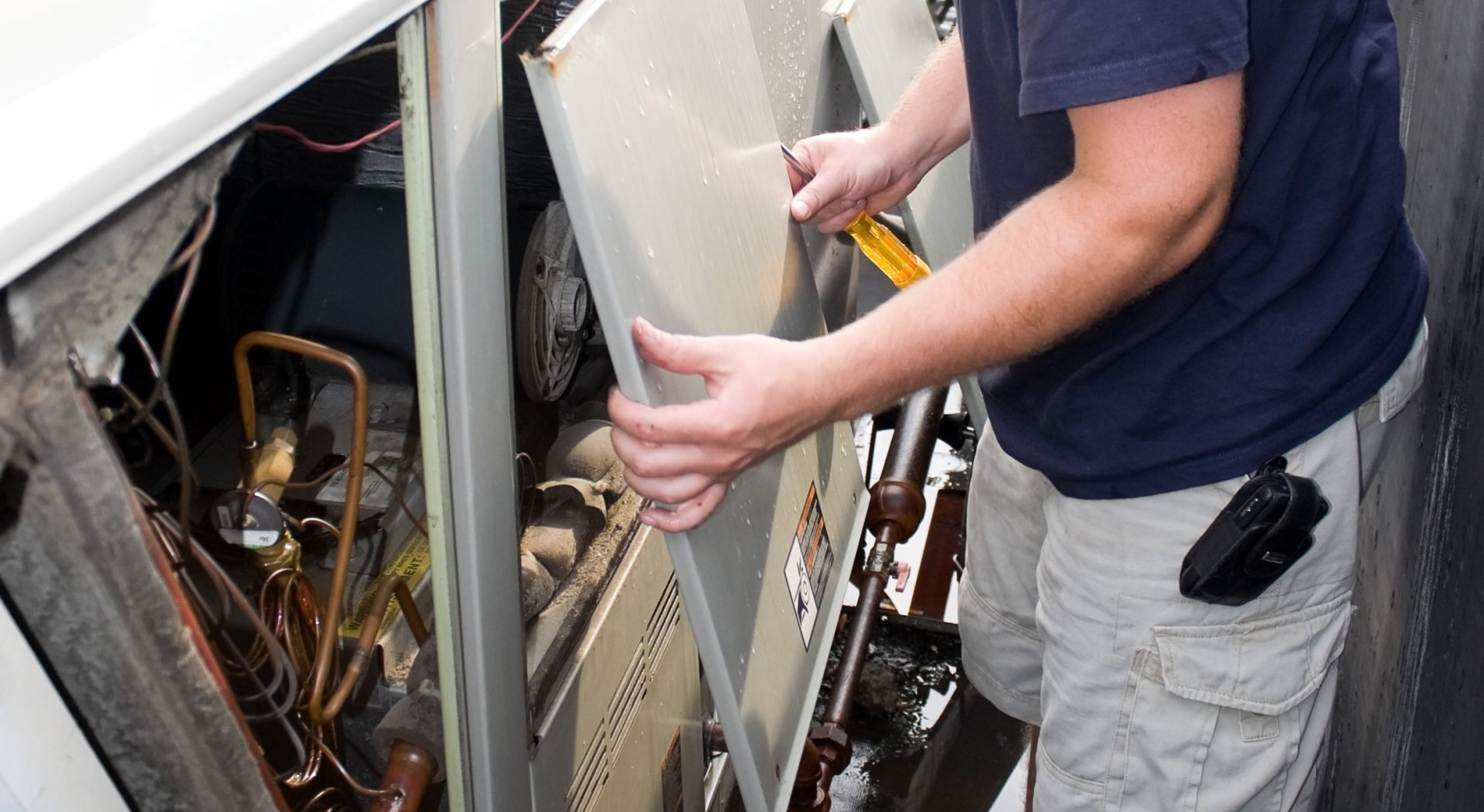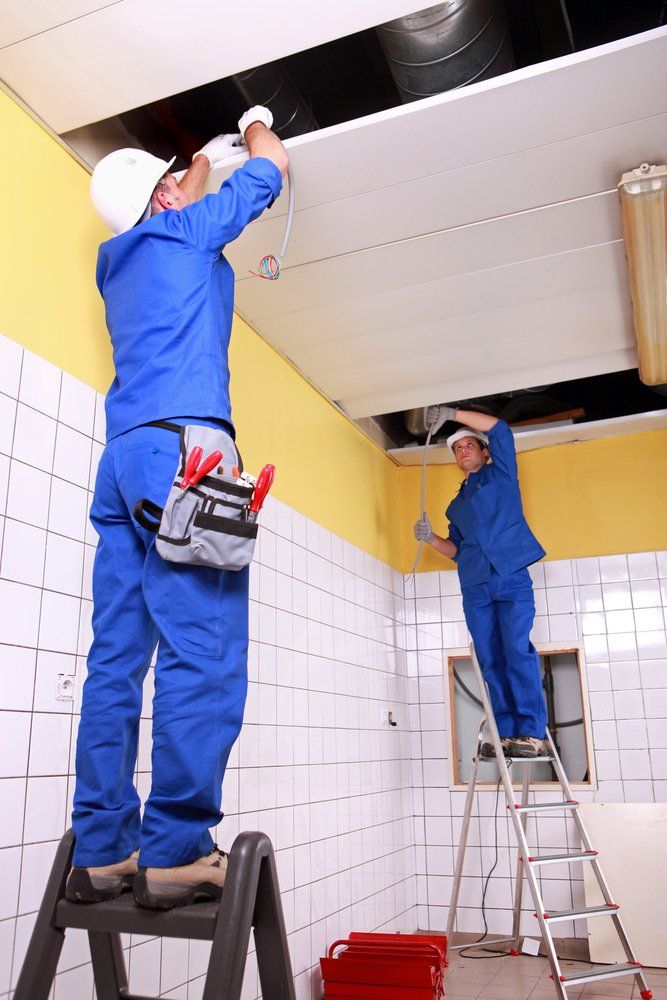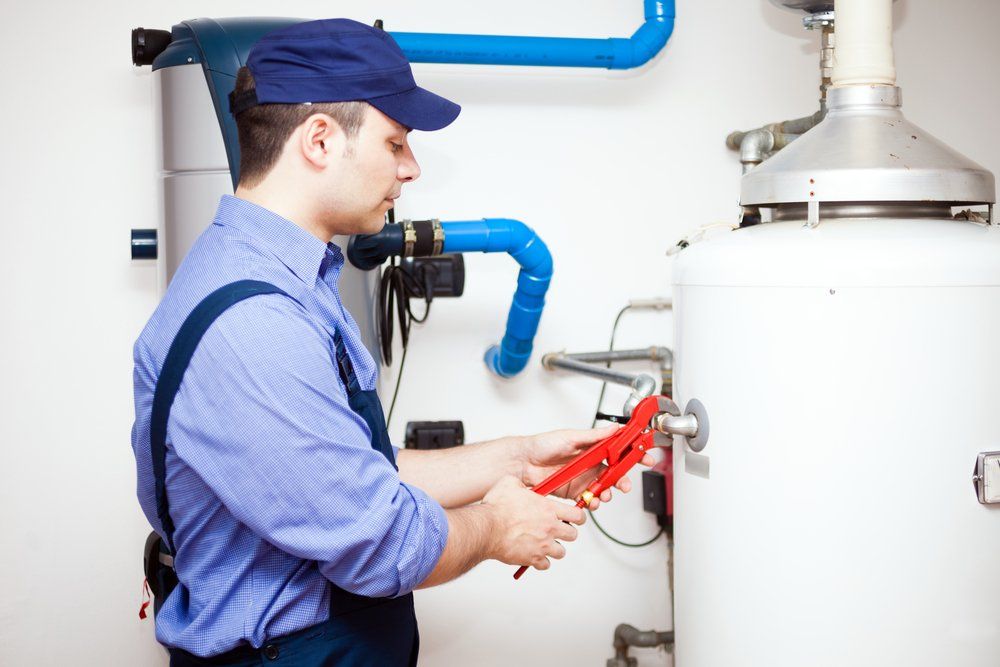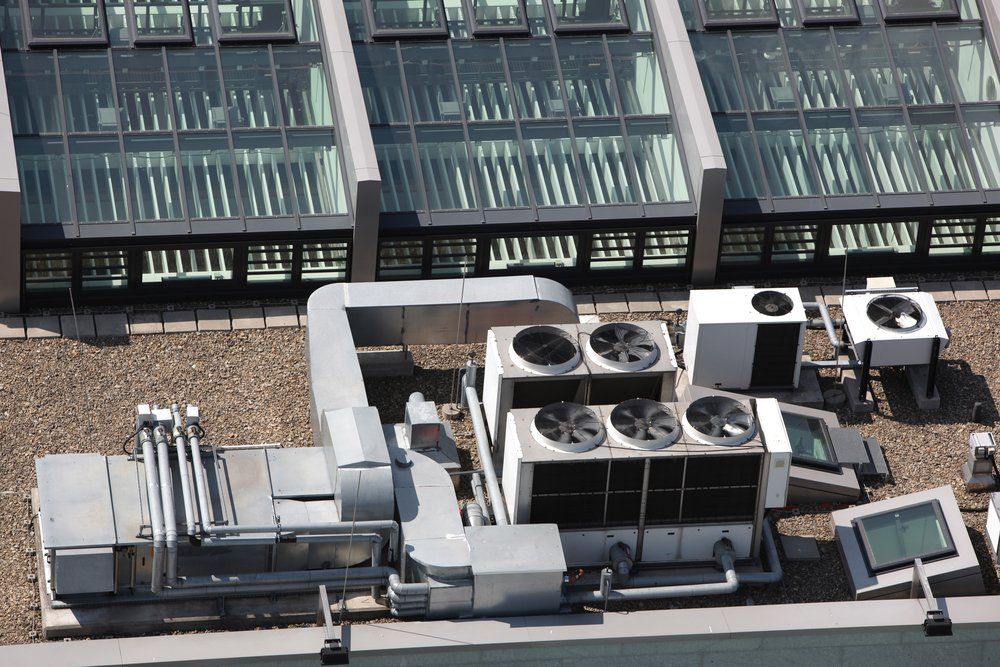How to tell when your hvac system needs to be replaced
If you are wondering how to tell if your HVAC system needs to be replaced, there are a few things you can look for. The age of the unit is an important factor. Also, consider the cost of repairs and your future needs. If the unit is causing problems, you should consider a replacement.
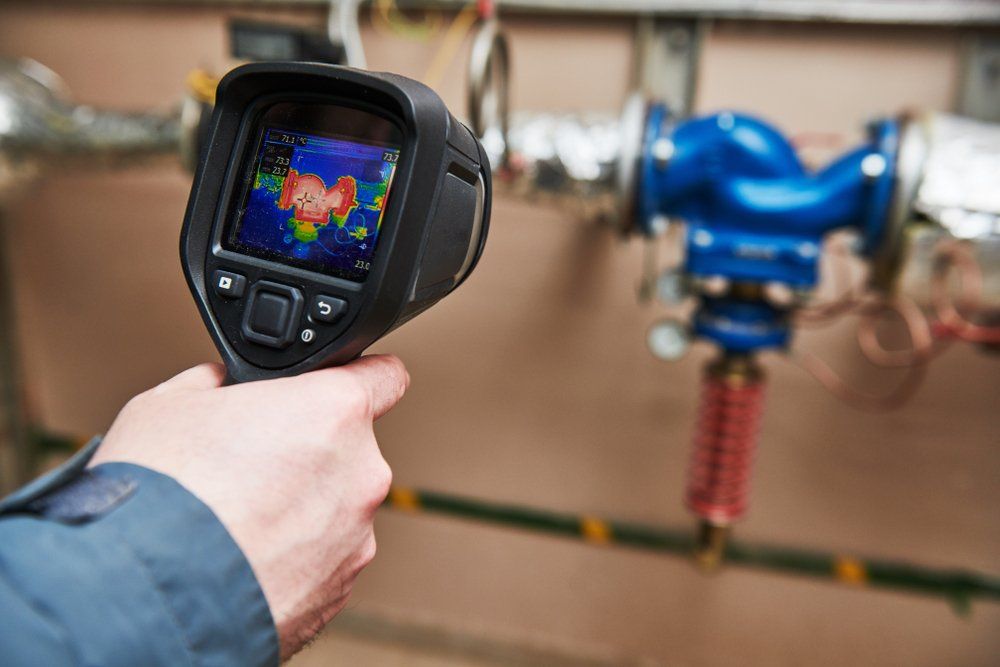
Lack of airflow from the AC return vents
A lack of airflow from the AC return vents indicates that the airflow through the HVAC system is insufficient. However, this can be hard to diagnose. You may not have access to a device that measures airflow. However, you can evaluate the airflow using symptoms such as hot and cold spots.
One of the most common problems caused by inadequate airflow from the AC return vents is an inadequate air filter. A good air filter will allow air to circulate through the entire system. Unless the filter is clean and free of debris, it will not function efficiently.
A blockage of the return air vent can result in problems with air pressure, circulation, and temperature. It can also cause the ductwork to collapse due to the high negative pressure. As a result, a lack of airflow can lead to a weakened or broken heat exchanger.
Lack of airflow from the AC return vent is another common sign that your HVAC system needs to be replaced. Dirty evaporator coils can block the air flow and cause your compressor to fail. This can also make your room or home feel stuffy.
Another sign that your AC system needs to be replaced is that the air ducts connecting the AC are leaking. Often, these ducts can have small openings that can be taped up. In some cases, the ducts may need to be completely replaced. Then, the air will flow through the system more efficiently, improving the air quality in your home.
Loudness
You may notice that your AC unit is making loud noises. This could mean there is a malfunction. Noises can also indicate a buildup of debris in your system. Moreover, loud banging can also be a sign of a malfunction. If you are experiencing these sounds, it is a good idea to get your HVAC system serviced. The service technician can replace any worn parts and lubricate the unit.
If your AC unit squeaks when your air conditioner turns on, it may be a problem with the blower or condenser. When these parts malfunction, the sound will be amplified and spread throughout the entire ductwork. If you hear this noise, it's time to call A.B. May for a service call. The noise can also be caused by debris that has accumulated in your AC unit or outdoor unit. This debris can damage the outdoor fan, which is important to keep clean. It is also important to keep the condenser free from dirt and debris.
If you're experiencing this type of noise on a regular basis, it's time to have your HVAC system checked. A technician will inspect the entire system to determine if there are any other problems. This will save you money on large-scale repairs, and prevent a potential emergency.
Broken motor
A broken motor in an air conditioning system can cause your air conditioner to become unusable, leaving you with a warm house in the summer. The first sign of a broken motor is a loud noise. This noise will increase as the motor begins to fail. The second sign is a rattling sound.
This could be due to a bad capacitor or a seize-up of the bearings. You may need to call a professional HVAC technician to diagnose the problem. You should also check for the condition of the condenser fan. If the fan blades are not spinning, there may be a problem with the condenser fan.
The blower wheel can get clogged with debris. There are also cases of dead animals stuck inside the blower wheel. A bad capacitor can also prevent a fan motor from running. This is a simpler problem to fix than a broken motor. A faulty fan belt or blower wheel may also be the culprit.
Other symptoms of a broken motor include squealing or screeching sounds. This could be caused by a bad capacitor, clogged air ducts, or a bad fan belt. Regardless of the exact cause, it is critical to seek help immediately. You may also hear a loud banging sound, which can indicate a loose part or disconnected part. A qualified HVAC technician will be able to properly diagnose the problem.
Broken blower fan
If your HVAC system isn't blowing air through the vents, you may have a broken blower fan. Fortunately, there are a few easy ways to diagnose the problem and repair the blower fan. Squeaking, screeching, or banging sounds from the blower may indicate a broken blower motor or other parts. If these sounds persist, you may need to replace the blower motor or replace the blower relay. If this doesn't solve the problem, you should consult a qualified HVAC technician.
If the blower fan is blowing air but not circulating the air, it may be due to a faulty motor or a clogged filter. When this occurs, the motor may not receive a signal from the fan relay, resulting in the blower not running. To repair the blower fan, you should first check the relay, which energizes the motor.
The run capacitor is a small metal cylinder that controls the electrical charge to the fan motor. If the run capacitor is not functioning properly, the blower motor won't spin and the AC system will not blow cold air. If the fan doesn't spin, you should check the motor by turning it off and calling an HVAC technician to diagnose the problem.
Another possible cause is the fan belt. A snapped fan belt or a bad capacitor may cause the blower motor to malfunction. You can fix these problems by replacing the fan belt or capacitor. If the fan won't spin, you should check the blower motor by removing the compartment cover. Check the motor for any damage and check whether the fan wobbles when it spins.
Lack of insulation
A lack of insulation in your home can affect the performance of your HVAC system. Insulation should prevent heat from transferring from one part of your home to another. When this doesn't happen, your home can become uncomfortable during the winter and hot during the summer. If you suspect that your insulation is insufficient, you should get it replaced as soon as possible.
Poor insulation in your home can lead to many problems, including mold growth, moisture damage, and a lack of air tightness. If the insulation is causing mold growth in your home, it may be a sign of a faulty HVAC system. When this happens, the moisture produced by your system can seep into other parts of the house. Ineffective insulation can even cause mold and other toxins to be released into the air.
You can determine if your house is in need of new insulation by checking the R-Value. This is a simple project that will save you money on energy bills. If you're unsure whether your home needs new insulation, you can hire an insulation contractor to perform an energy audit for you. By ensuring that you have adequate insulation in your home, you'll reduce your energy bills and lower the stress on your HVAC system.
Poor insulation will also cause your HVAC system to work overtime, which means that your energy bill will be higher. Poor insulation can also cause temperature unevenness in your home. If your home is too hot or too cold, heat will escape and cold air will enter. Your HVAC system will have to work overtime to keep the temperature stable.
Noise
If you live in a home that uses an HVAC system, you should keep an eye out for noises that could mean a few things. While some noises are normal, others are a sign that your system is in need of repair or replacement. You should not ignore these signs because ignoring them could lead to more costly damage later on.
If you hear squeaking sounds from your system, this could mean a worn or broken fan belt. Alternatively, it could be a sign that the compressor is leaking refrigerant. A worn or failed compressor clutch is another common cause of noise.
Another common sign that your HVAC system is in need of replacement is a banging or clanking noise. This means that the compressor inside has become loose, or that the parts inside the sealed unit have broken. You may also hear a buzzing noise coming from the air ducts. To find out what's causing this noise, you should call a professional HVAC technician.
A screeching sound from your air conditioner may mean that the blower motor or fan belt is broken. In some cases, the blower motor can even be in need of lubrication. It is important to have a professional HVAC contractor check the blower motor or compressor to determine if this component is causing the screeching noise.

